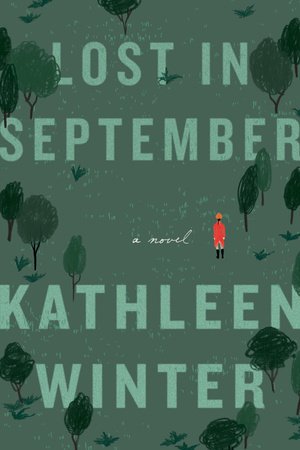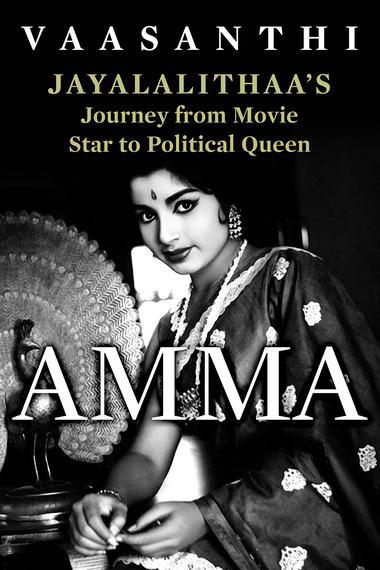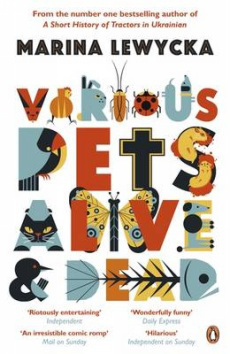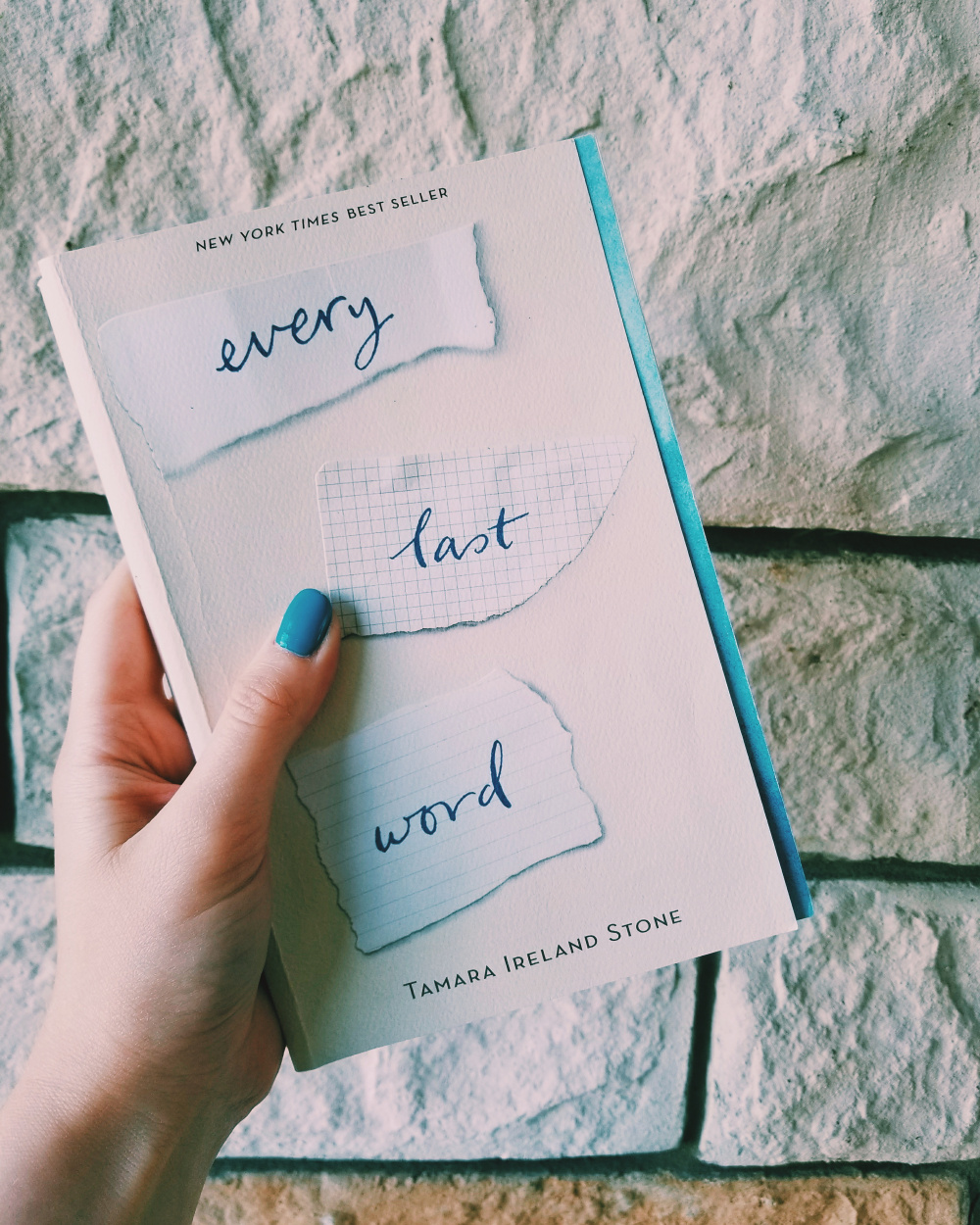
Amidst the celebrations around surrounding Canada’s 150th year since Confederation, there was some serious soul-searching about some of the ‘treasured’ events many of us were told were important historical dates in relation to our country. Were many of those dates really just as important and even positive events as our history teachers wanted us to believe? Talented novelist Kathleen Winter has taken a look at one such event and built a narrative around it (making many of us readers ponder history a bit more carefully) in her latest work Lost In September.
Pages 64-65
“Sophie, I need to talk about today. . . . I was thinking on the bus. . . .”
“Hang on!” She’s lit Facebook-blue. this is far from the kind of listening my mother provided, but it’s all I have.
I can’t always recall what happened in combat at Dettingen or in Culloden or at Quebec or anywhere else. Events have become entangled: all my wars now transpire in a single battlefield during one timeless period – darkness cut with spears of flame in whose light any instant of my soldiering might have played out. Sophie is supposed to help me disentangle the years. That has been our arrangement, from our first September to this one.
“Please?”
“Okay, shoot.”
“On the busy today I remembered flames, fire, all the times I made things burn, or made people burn, or when other people burnt things. . . . ~
“Forget about what other people burnt.”
“I never burnt anyone on purpose.”
“Okay.”
“Did I? Not directly . . .”
“You burnt people indirectly?”
“I see them scream and burn – but – I was not barbaric.”
“Weren’t you?”
“The enemy were the barbaric fiends”
“Which enemy?”
The answer to this is always hard to remember.
We all have heard some variation on the line `that those who forget history are condemned to repeat it.` But what if we muddle our history. We were all exposed to that infamous painting of General James Wolfe dying on the Plains of Abraham after defeating the French troops. But when we saw that painting in our history textbooks, did we read the story surrounding that battle with consideration or were we good little students and turn the page without giving the incident a second thought? Winter has done something unique here by bringing a version of “General Wolfe” to the streets of present-day Montreal and allowed his thoughts run amok by what he sees and what he thinks.
Page 147-148
I met a rugby coach on the train during my failed attempt to reach Quebec City last autumn, and he said, “I have a riddle for you: What’s worse than losing the championship game?”
“Winning the game,” I said, “is far more injurious to the soul.”
He looked at me anew, taking in my facsimile coat and hat. “Aye,” he said, “I guess a soldier would know.” He proceeded to recount to me the mountains of dolour and grief from which he had to dig his rugby players each season they were victorious. “They get depressed,” he said. “They get to asking what it’s all for. Some of the best hang their cleats up for good and I can’t stop ’em. It’s all I can do not to pack it all in myself and go on the beer.”
“My favourite poem is about that very thing,” I said.
“Favourite what?” He looked the way some people’s faces turn at the mention of coriander, or asafoetida, or even excrement.
I hauled from my pocket the page of my beloved poem, torn from a library copy of Palgrave’s Golden Treasury. He found it incomprehensible. He was a lout, really. He completely failed to understand . I found the man so dispiriting I bailed out the Trois–Rivières station and caught a Greyhound back to Montreal where Sophie sent to the Mission, having rented my spot to a Cirque du Soleil trapeze artist who’d injured a meniscus.
There is something unique in the story line that Winter has created here. Our concept of history is muddled and confusing and that is what she has shown us here with this narrative. Would our forbearers -many of whom died for their ideals – be truly impressed with the world around us today? Winter has given us something to ponder over as we read this book.
Page 174-175
A rack near the door has yesterday’s paper languishing on its bottom shelf. I sift through it as I eat, looking to see if anything of importance has happened in the world, but someone has torn half the pages out. Still, what remains is hardly inspiring.
If I had to name my greatest disappointment regarding New French Britain, I might have to say it’s the inconsequential drivel I read in papers purportedly published by the country`s learned set.
***
It’s the same with what I overhear in the streets. I eavesdrop on Montreal hoping I might hear its civilians discuss the latest findings in astronomy, or new perspectives on ancient philosophy, but they bleat the same small-talk I could neither abide nor understand in London of 1752: sports, weather, insipid flotsam sent on the wind by the latest political scandal – details petty and trivial and numerous as Sophie’s froth-flecks on her painted walrus’s sea, ephemeral. You’d think it all the most weighted precious stones, the way people bleat on. this fills me with chagrin and always has done.
Kathleen Winter has certainly made readers ponder over history just a bit with her book Lost in September. It is certainly a unique read and thoughtful book, but definitely a good piece of literature.
*****
Link to Penguin-Random House Canada’s website for Lost in September
Link to Kathleen Winter’s LiveJournal site
Share this:- More





